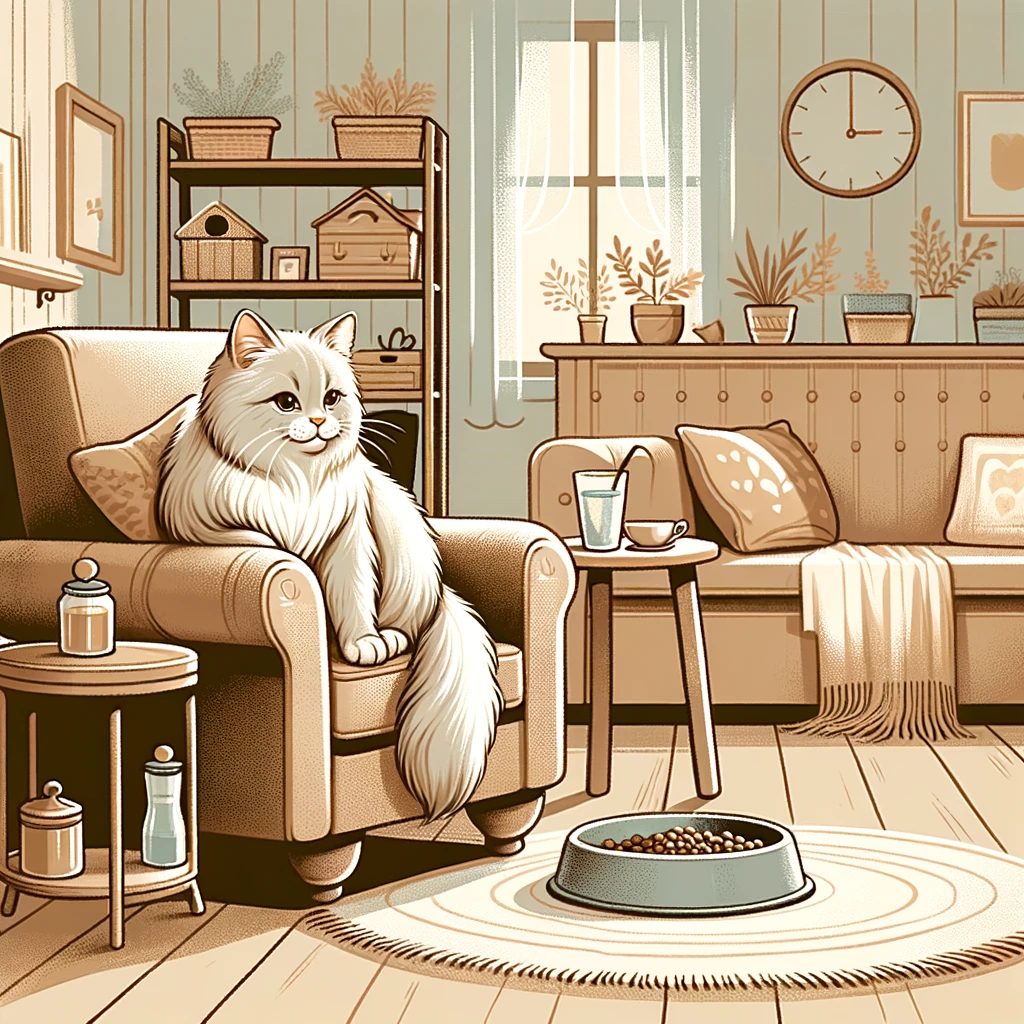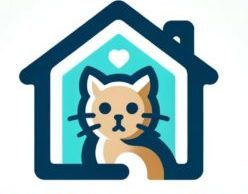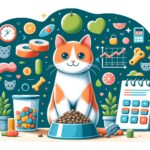Introduction

As a cat lover, you’re undoubtedly aware of the ever-changing needs of your feline friends as they age. Senior cats, in particular, have unique dietary requirements that can make choosing the right food a bit of a puzzle. One common question that cat owners face is whether dry food is suitable for their aging companions. In this comprehensive guide, we’ll delve into the critical aspects of dry food for senior cats, including moisture content, dental issues, protein sources, and kidney health. By the end of this article, you’ll be better equipped to make informed decisions about your senior cat’s diet.
1. Moisture Content: A Critical Factor for Senior Cats
Hydration is paramount for senior cats, and the moisture content in their diet plays a crucial role. Unlike their wild counterparts, who derive moisture from their prey, domestic cats often rely on their diet for adequate hydration. Dry cat food typically contains only 6-10% water, which might not be sufficient for older cats. They are more prone to dehydration, which can exacerbate kidney issues and urinary tract problems common in senior felines.
According to the Cornell Feline Health Center, increasing water intake can help support kidney function and overall health in older cats. Consider supplementing or replacing dry food with wet food, which has about 75-80% water content, to ensure your senior cat stays adequately hydrated.
2. Dental Issues in Senior Cats: The Dry Food Debate
Dental health is another crucial aspect to consider. There’s a common belief that dry food helps clean teeth and prevent dental issues. However, not all experts agree. The Veterinary Oral Health Council notes that while some dry foods are specially formulated to reduce plaque and tartar, many standard dry kibbles offer no significant dental benefit over wet food.
For senior cats with pre-existing dental issues, such as tooth loss or gum disease, dry food can be challenging to chew and may cause discomfort. In such cases, wet or softer foods might be a better choice to ensure they can eat without pain.
3. Protein Sources in Dry Food: Quality Matters for Aging Cats
Protein is a vital nutrient in a cat’s diet, especially as they age. Senior cats need high-quality protein to maintain muscle mass and support overall health. While dry food is often protein-rich, the source and quality of this protein vary significantly.
Look for dry foods with high-quality animal-based proteins, like chicken, fish, or turkey, listed as the first ingredient. The American Association of Feline Practitioners recommends diets that are high in animal-based proteins for senior cats. Avoid foods with excessive carbohydrate content or protein from less digestible plant-based sources.
4. Kidney Issues and Dry Food: Understanding the Risks
Kidney disease is a common concern in older cats, and diet plays a pivotal role in managing this condition. A high-protein diet, often found in dry food, can be hard on the kidneys, especially if your cat already has kidney issues.
It’s essential to consult with your veterinarian to choose a diet that supports kidney health. They might recommend a prescription diet or a lower protein diet, which can be easier on the kidneys while still meeting the nutritional needs of a senior cat.
Conclusion
In conclusion, while dry food can be a convenient and economical option, it’s crucial to consider its moisture content, dental implications, protein sources, and impact on kidney health when feeding a senior cat. Each cat is unique, and what works for one may not be suitable for another. Always consult with your veterinarian to determine the best dietary plan for your senior feline friend.
Remember, the golden years of your cat’s life can be some of the most rewarding. With the right care and nutrition, you can help ensure these years are as healthy and comfortable as possible.
References
- Cornell Feline Health Center: Water Essential to Your Cat’s Health
- Veterinary Oral Health Council: Accepted Products for Cats
- American Association of Feline Practitioners: Senior Care Guidelines
Note: This article is intended for educational purposes and should not replace professional veterinary advice.




Thanks for sharing. I read many of your blog posts, cool, your blog is very good.
Thanks! Good info.